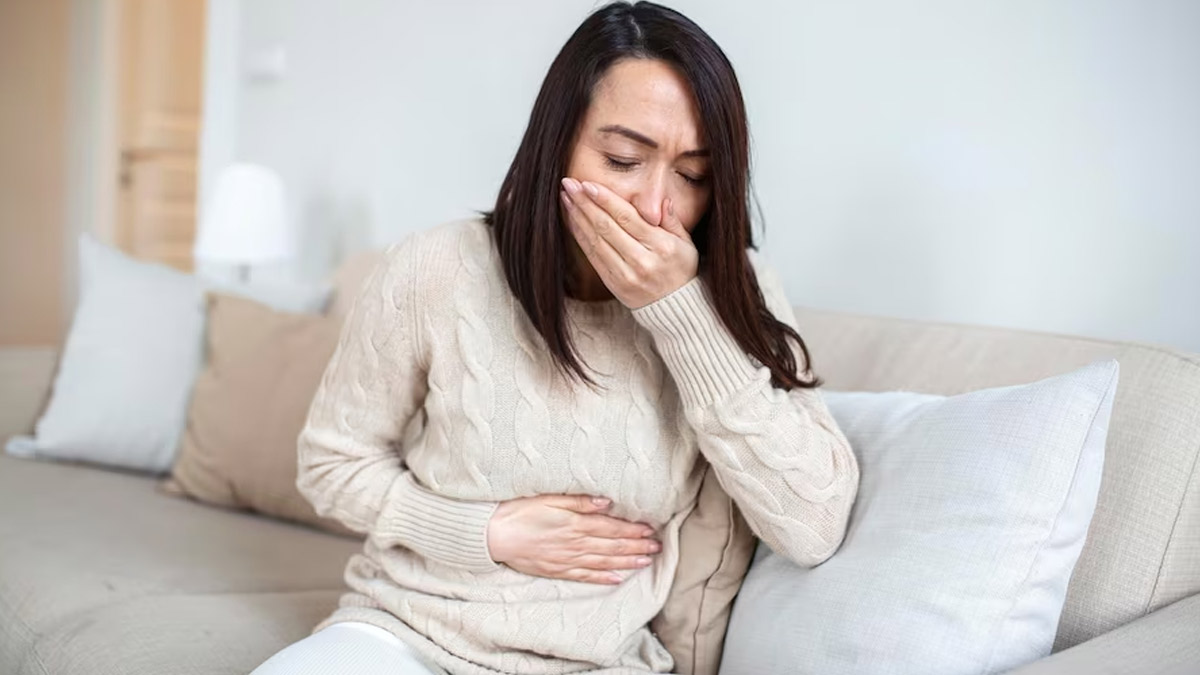
Have you heard about acute diarrhoeal illness caused by infection with the bacteria Vibrio cholerae? It is a waterborne disease, primarily spread through contaminated water or food. Cholera can range from mild to severe and, if left untreated, can be life-threatening due to rapid dehydration and electrolyte imbalance.
Table of Content:-
“Individuals suffering from cholera may experience symptoms such as high fever, diarrhoea, vomiting, abdominal discomfort, and tiredness,” said Dr Monalisa Sahu, Infectious Diseases Consultant, Yashoda Hospitals in Hyderabad.

She further stated that the intensity of symptoms might worsen and be fatal for both young and old people, as well as pregnant women, due to dehydration caused by continuous fluid loss and insufficient hydration. This disease is most common in places with inadequate water treatment, poor sanitation, and hygiene practices.
Also read : Is Diarrhoea Giving You Watery Bowel Motions? Know About Its Initial Symptoms
Symptoms of Cholera
Symptoms of cholera can appear within a few hours to five days after infection. According to the Centre for Disease Control and Prevention, the primary symptom is profuse, watery diarrhoea that resembles "rice water." Other symptoms may include:
- Nausea and vomiting
- Rapid heart rate
- Loss of skin elasticity
- Dry mucous membranes, including the inside of the mouth, throat, and nose
- Low blood pressure
- Thirst
- Muscle cramps due to electrolyte imbalances
In severe cases, cholera can lead to severe dehydration and shock, which can be fatal if not treated promptly.
Causes and Transmission
The cause of cholera, Vibrio cholerae bacteria, is typically ingested through food or water contaminated by the faeces of an infected person. Common sources include:
- Contaminated drinking water
- Foods washed or prepared with contaminated water
- Raw or undercooked fish and seafood caught in waters polluted with sewage
- Once ingested, the bacteria produce a toxin in the intestines that causes the characteristic watery diarrhoea.

Treatment Options
Rehydration is the cornerstone of cholera treatment, and it can save lives. Aside from rehydration, oral Rehydration Salts (ORS) is a sugar and salt solution mixed with clean water that is used around the world to treat dehydration induced by diarrhoea. In severe situations of dehydration, fluids can be delivered intravenously. Antibiotics, while not always necessary, can help to shorten and lessen the intensity of severe symptoms. Zinc supplementation, particularly in youngsters, can shorten the length of the condition.
Prevention
Prevention of cholera is primarily focused on ensuring access to clean water and practising good sanitation and hygiene. Key preventive measures include:
- Drinking and using safe water for drinking, cooking, and washing
- Eating food that is fully cooked and hot
- Washing hands frequently with soap and safe water, especially before eating or preparing food and after using the bathroom
- Cleaning bathrooms and areas contaminated with faeces with disinfectant
- Vaccination is also available and recommended for people living in or travelling to areas where cholera is endemic or where outbreaks are occurring. The vaccine provides protection for about two years.
Global Impact and Efforts
Cholera remains a global health threat, especially in areas affected by war, poverty, and natural disasters where water and sanitation infrastructure is compromised. International efforts to control cholera include improving water supply, sanitation, and hygiene (WASH) practices, promoting the use of oral cholera vaccines, and improving surveillance and response strategies to detect and manage outbreaks promptly.
Also read: Why You May Experience Heartburn And Diarrhoea During Periods: Do's And Don'ts
Cholera is a preventable and treatable disease, yet it continues to cause significant morbidity and mortality in many parts of the world.
By implementing effective water treatment, sanitation measures, and vaccination campaigns, the global health community continues to work towards reducing the impact of cholera worldwide. Immediate and appropriate treatment is crucial to managing symptoms and preventing complications in individuals affected by the disease.
Also watch this video
How we keep this article up to date:
We work with experts and keep a close eye on the latest in health and wellness. Whenever there is a new research or helpful information, we update our articles with accurate and useful advice.
Current Version